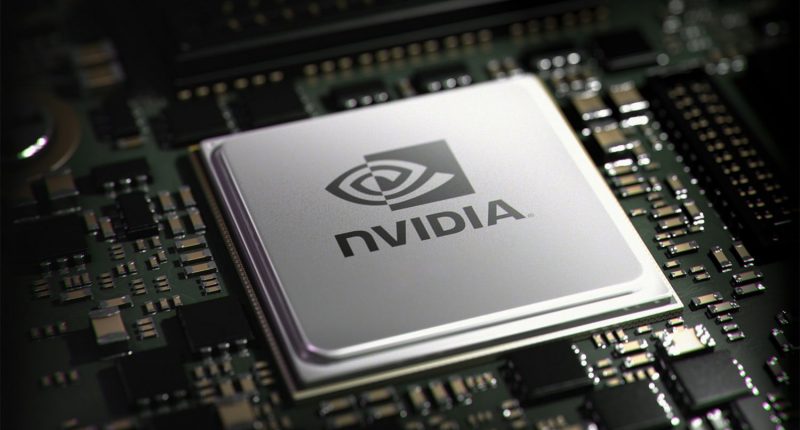Chinese authorities have reportedly instructed domestic companies to avoid using Nvidia’s H20 artificial intelligence chips, especially in projects related to government or national security. Even official notices have been sent to both state-owned enterprises and private firms, asking them to justify any decision to choose Nvidia’s hardware instead of Chinese-made alternatives, reports Bloomberg. Notably, the H20 is one of the few Nvidia models permitted for sale in China after the United States eased some export restrictions in recent months.
The latest government recommendation is part of a broader push by Beijing to promote the use of domestic technology in critical sectors. Companies like Huawei and Cambricon are expected to benefit as the policy encourages buyers to choose locally developed processors. According to the report, some firms in China have already reduced or cancelled orders for the H20 in response to the notices.
Nvidia designed the H20 specifically to comply with earlier US trade rules that limited the export of high-performance AI chips to China. The model was seen as a way for the company to maintain access to the Chinese market. Actually, China is one of the company’s key markets, accounting for around 13% of its total revenue (~ $17 billion) last year (2024). Amid recent restrictions, the firm has already taken a $5 billion hit from unsold inventory and lost about $2.5 billion in potential sales for the first quarter (Q1) of fiscal 2026. And the latest move by Chinese regulators raises new challenges for the Jensen Huang-led company’s efforts to re-establish its position in the country.
The move comes after US officials recently allowed Nvidia and AMD to restart some AI chip sales to China, but reportedly required them to share 15% of related revenue with the US government. This rule has faced criticism in China and added to worries about security and dependence on American suppliers.
Additionally, Chinese state-affiliated media have recently published articles questioning the quality and safety of Nvidia’s H20 chip, calling it outdated, less energy-efficient, and potentially insecure. Also last month, China’s internet watchdog, the Cyberspace Administration of China (CAC), summoned the company to address alleged security risks in its H20 AI chip. Authorities suspect the chip might contain hidden features (aka backdoor functions) like the ability to track users. The CAC has asked the semiconductor giant to provide technical documents and clearly explain how the chip operates, including how it manages data and who controls its functions.
However, Nvidia has denied the claims, saying the H20 contains no hidden access features or remote-control capabilities and is not designed for military purposes. Meanwhile, the timing of the latest government advisory is more critical as, in recent months, tech firms like ByteDance, Tencent, and Alibaba have reportedly placed fresh orders for H20 chips.
The Tech Portal is published by Blue Box Media Private Limited. Our investors have no influence over our reporting. Read our full Ownership and Funding Disclosure →






